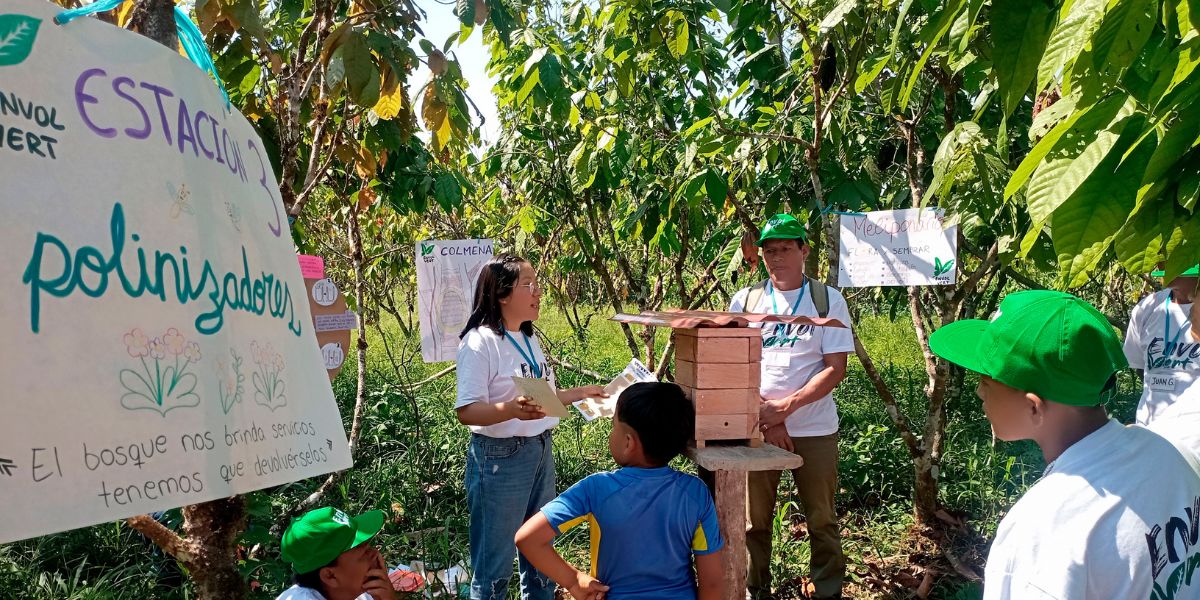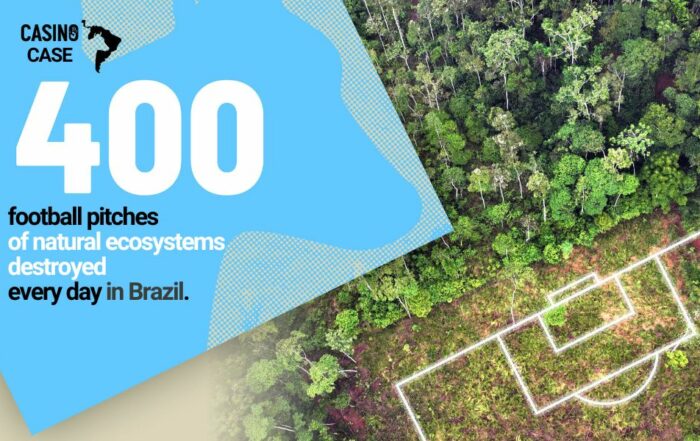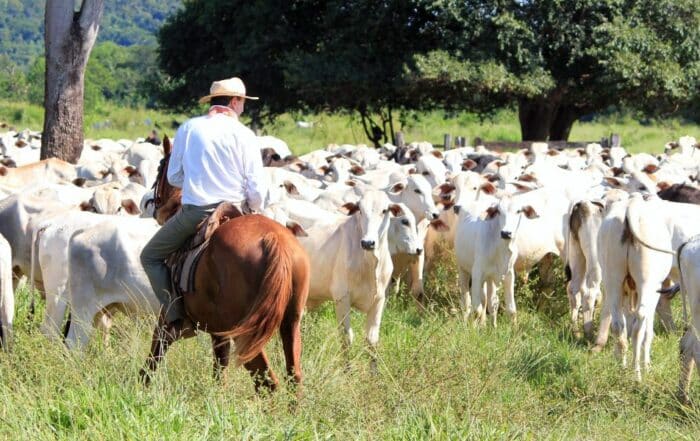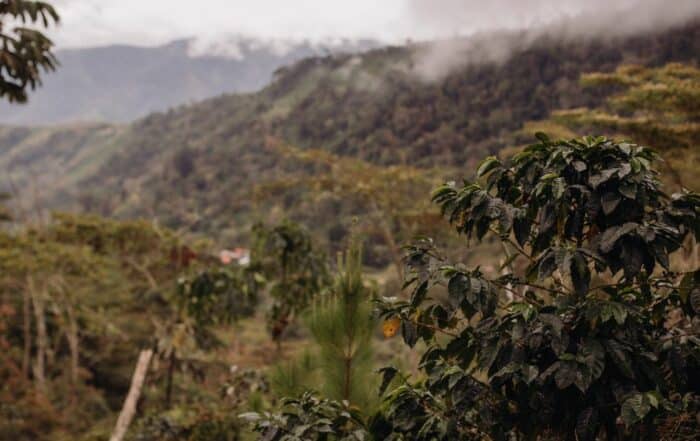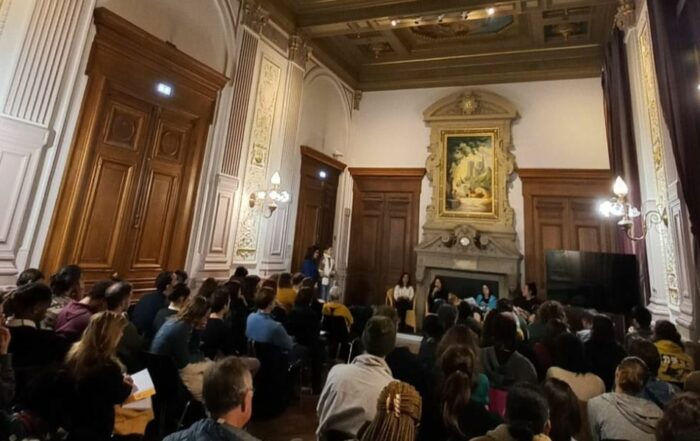In August 2023, our participants met in Mr Javier Magallanes’ parcel, in Pueblo Nuevo in the province of Leoncio Prado in the region of Huánuco – Perú. The event marked the first internal experience-sharing internship of the year and took place in the communal tree nursery. It brought together participants from various localities, including Pueblo Nuevo, Saipai , Arabe, José Carlos Mariategui, Anda and La Muyuna, who enthusiastically joined in.
How did activities take place ?
It aims to promote community work and provide knowledge on forest conservation through practices such as composting and rearing native stingless Amazonian bees. A total of 36 people (including 44% of women) participated, organized in three small workshops which facilitated learning during 20 minutes in each group. This activity was carried out for one day.
Conclusion
This exchange strengthened community work and deepened knowledge about composting and native stingless Amazonian bees breeding. The 36 participants demonstrated their strong commitment to environmental conservation and sustainable agricultural practices. We noted a particular interest in future workshops on bio-repellents production and native stingless bees breeding, which points to a promising path towards more environmentally friendly agriculture in Pueblo Nuevo. It contributes to the strengthening of our economic alternatives issue and it encourages the formulation of sustainable projects.
In August 2023, our participants met in Mr Javier Magallanes’ parcel, in Pueblo Nuevo in the province of Leoncio Prado in the region of Huánuco – Perú. The event marked the first internal experience-sharing internship of the year and took place in the communal tree nursery. It brought together participants from various localities, including Pueblo Nuevo, Saipai , Arabe, José Carlos Mariategui, Anda and La Muyuna, who enthusiastically joined in.
How did activities take place ?
It aims to promote community work and provide knowledge on forest conservation through practices such as composting and rearing native stingless Amazonian bees. A total of 36 people (including 44% of women) participated, organized in three small workshops which facilitated learning during 20 minutes in each group. This activity was carried out for one day.
Conclusion
This exchange strengthened community work and deepened knowledge about composting and native stingless Amazonian bees breeding. The 36 participants demonstrated their strong commitment to environmental conservation and sustainable agricultural practices. We noted a particular interest in future workshops on bio-repellents production and native stingless bees breeding, which points to a promising path towards more environmentally friendly agriculture in Pueblo Nuevo. It contributes to the strengthening of our economic alternatives issue and it encourages the formulation of sustainable projects.

